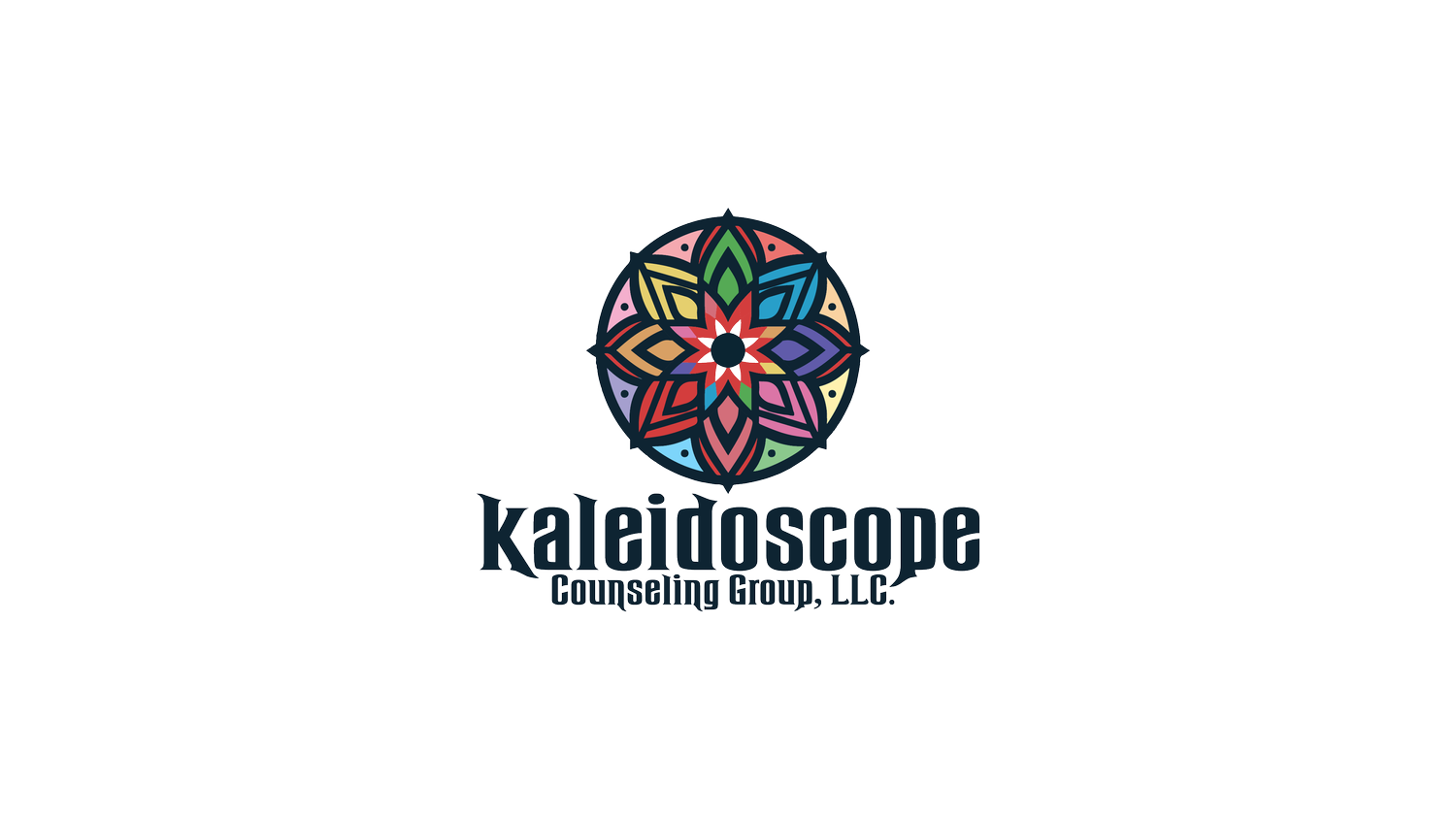Why Is It Hard to Trust Others as a Survivor of Trauma?
Understanding Epistemic Trust
Epistemic trust refers to our willingness to accept information from others as credible and relevant. It plays a crucial role in our interactions and relationships. Recent studies suggest that difficulties in establishing epistemic trust may be a common underlying factor in various personality disorders.
The Impact of Trauma on Trust
Many survivors of trauma face significant challenges when it comes to trusting themselves and others. Traumatic experiences can distort our self-concept and make us question our ability to make sound decisions. If you've been blamed for negative events in the past, it can lead to a cycle of self-doubt and mistrust.
Here are some examples of how trauma can shape our beliefs about trust:
Doubting your ability to trust your own perceptions or judgments.
Believing that others are unreliable or have hidden agendas.
Feeling that your emotions and experiences don’t matter.
Developing a habit of people-pleasing and deferring to others for decisions.
Common Statements from Those Struggling with Trust:
“I can’t make good decisions, so I let others decide for me.”
“I can’t tell who to trust because I’m a poor judge of character.”
“If I trust someone, they will hurt me.”
“People in power will always take advantage of me.”
As we begin to process our traumatic experiences, these beliefs can shift:
“I can still trust my judgment, even if it’s not perfect.”
“My past mistakes do not define my ability to make decisions now.”
“I can trust some people, even if I’ve been hurt before.”
For more on rebuilding trust, check out the Trust Star Worksheet.
Recognizing Mistrust in Relationships
Mistrust can manifest in various ways in relationships, leading to difficulties such as:
Mind reading and making assumptions about your partner’s thoughts.
Projecting your feelings onto others.
Blaming and shaming behaviors.
Sabotaging potential connections.
In romantic relationships, mistrust may lead to:
Anxiety and panic about your partner's intentions.
Fears of rejection or abandonment.
Issues with assertive boundaries and healthy communication.
Common Statements Reflecting Mistrust:
“I feel like my partner might cheat on me.”
“Are you upset with me? I feel like you are.”
Steps to Rebuild Trust
Rebuilding trust is a process that starts with self-reflection:
Identify the Source of Mistrust: Reflect on what led you to distrust others and yourself. Consider the age at which these events occurred and whether they were isolated incidents or part of a pattern.
Explore Your Fears: What concerns do you have about trusting others? What about trusting yourself?
Define Trust: Take some time to articulate what trust means to you. Consider the qualities of a trustworthy person and what their behavior looks like.
Redefine Trust: Think about new, more realistic definitions of trust that fit your present situation. Do you want to cultivate more trust in your life? Why or why not?
By taking these steps, you can begin to navigate the complexities of trust in your relationships, moving toward a healthier, more fulfilling connection with yourself and others.
At KCG, we support individuals in understanding and overcoming the effects of trauma. Explore our resources and services to begin your journey toward healing.
Unlock valuable insights into how your attachment style and potential PTSD may be influencing your relationships and overall well-being. Take our free assessments to explore both your attachment style and whether PTSD might be affecting you. This is a powerful step toward healing, growth, and building stronger connections. No matter your circumstances, we believe every individual and relationship has the potential to thrive. Let us guide you toward a more fulfilling life, with personalized strategies for mental peace and emotional health. You can start your journey today.

